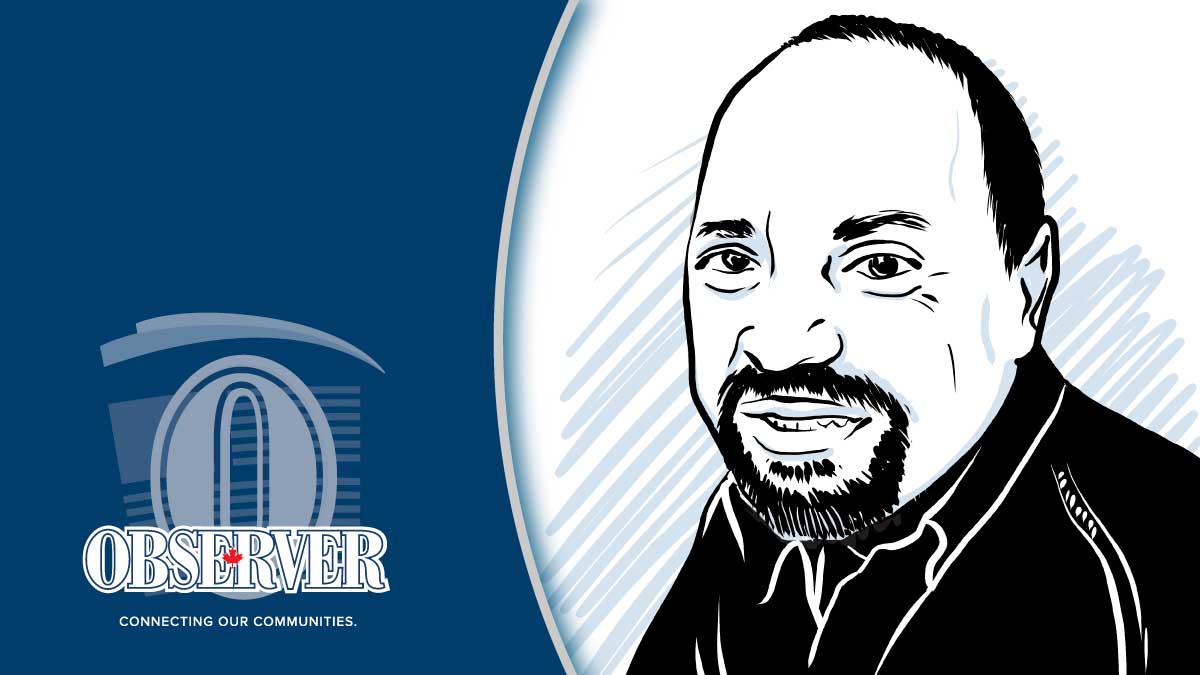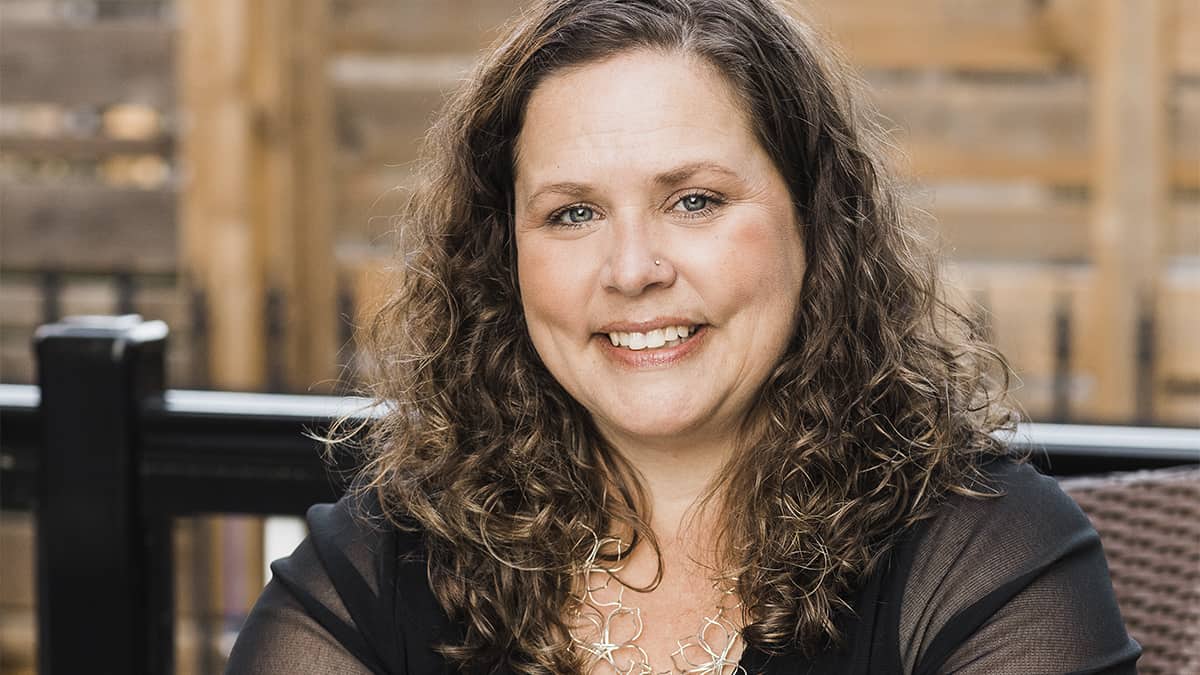;
;
;
Next Article
Surviving to tell the tales from the hawthorns

An entrepreneur with more than 20 years in the graphic design and marketing industry, Wellesley’s Jolene MacDonald is also an advocate for people with disabilities, both as a parent and through her own experiences. The combination of those two facets of her life led to the launch of Accessibrand, a
Last updated on May 03, 23
Posted on Oct 15, 20
3 min read
